By Anne Scheck
Trammart News Service, June 27, 2025
Longtime entrepreneur Terri Pierce is busy preparing to sell items from her new shop on Main Street during the Fourth of July – anxiously awaiting the city permits needed to open her store.
The delay for them has been hard, she said. In fact, Pierce has been so confused by what she sees are conflicting messages by the city on what’s required – time she says that has dragged on for weeks – that she took her frustration to the city council meeting in early June.
She plans to sell eclectic pieces, from home goods to decorative accessories, at the former site of Artisan Treasures in the 200 block of South Main Street. Like several along the thoroughfare, she considers July 4th to be a jumbo sales day, the ground zero of her hoped-for retail operation.
At the city council meeting, Pierce was told by Mayor Kate Schwarzler that “staff is here and has taken note and will get back to you.” When Pierce asked how long that would take, City Manager Kenna West said it would depend on staff availability and other factors.
“So far, I have not heard anything,” Pierce said this week. “And I was all ready to go back to the other June meeting of the city council to say so, but it got cancelled.”
So, Pierce has taken matters into her own hands. “I may not be in the store on July 4th, but I will be in front of it, on the sidewalk, showing what I have to offer,” she said. A Trammart News inquiry about Pierce's permit questions has not yet been answered by the city.
To several other merchants along Main Street, the patriotic holiday ahead is critical. They say it can triple the amount of dollars they ordinarily get from customers.
“It’s huge. It’s a big deal,” said Darlene Brush, co-owner of Rockin’ Rad Relics, by the corner of D and Main streets. A large crowd can be counted to pack the place during Independence Days, she said.
This year, as the Fourth of July holiday approaches, there is worry among shop owners about next year. The city’s fiscal budget doesn’t include any allocations for Independence Days’ celebration past the one for 2025.
In a pronouncement issued by Melting Pot Candy, the chocolatier lamented not only possible future loss of business, but of a tradition that long has been enjoyed by so many. “We’d be sad to see it go. The Fourth has always been a staple of the Independence downtown experience. So, losing that would feel like losing a piece of the culture that brought us here to begin with,” according to a statement from the town’s fabled confectionery.
Some business owners acknowledged that the Independence Fourth of July can attract out-of-town “looky-loos,” with sales that may not exceed that of most typical summer weekends.
But those visitors can become important clientele, observed Kay Hales, owner of the The Collection at 278 S. Main St.
Drifting around in her store familiarizes them with the content, which may not result in a sale that day, but can increase the likelihood of a future stop-in.
Mitch Teal, who co-owns Brew Coffee and Taphouse by the trolley stop at C and Main, holds the same sentiment. The holiday “does increase our business – no question,” he said. But it seems to have a lingering effect, too, bringing back those who return to Independence and recall the cozy coffee-shop-and-tavern, he said.
Some merchants say they need the holiday to continue – it helps them gain momentum in the summer. "It is just such a time of uncertainty,” Hales noted, gesturing around The Collection.
Dina Carter’s business, Second Chance Books at 307 S. Main, attracts literary bargain hunters from all over the area. She said it “would be strange” not to have a festive Fourth of July celebration in the years ahead, after 15 years of aisle-cramming patrons on the holiday.
If that happens, it may be time to celebrate the holiday in whole new way. “I think if that happens, we might just close and take the day off,” she said. ▪
By Anne Scheck
Trammart News Service, June 27, 2025
The grip of a hand on my shoulder to thwart me from asking a question of the Independence finance director sent a shock wave through my system. Later, the city staffer who had grasped me to stop my reporting, City Communications Director Emmanuel Goicochea, would characterize my reaction to his hands-on approach as a “freak out” in the Sheriff’s Office report of the incident.
I would describe it as so emotionally jolting that I found it hard to fathom.
Why? Because we were in the city council chambers; because the city finance director had just concluded a session in which he told attendees they could ask him questions; because the question I asked I had been trying to get answered for several days.
When I was attempting to get my question answered, the city manager’s raised voice advised everyone within earshot, “You don’t have to talk to her.” In the report, Goicochea states that West gave him "some eyes" to take care of what was happening.
The question I asked was a simple one. Did the city pay for the attorney who assisted in the case of the mayor during her recent ethics investigation by the Oregon Government Ethics Commission? Because, if so, that would involve expenditure of tax dollars.
I had emailed the mayor to ask that question and I had inquired it of her on the night of the council meeting. She said she didn’t wish to speak with me. That was the end of my quest to take the matter directly to her.
In fact, the mayor herself did eventually address it. She told me she was paying for the lawyer herself.
And so, on that night, the city communications director tried physically to stop me from persisting to ask that question of the finance director – and, in my view, crossed a line that went a bridge too far, to mix metaphors.
If anyone reading this is curious if all this antagonism toward Trammart News will end, I can tell you that it has occurred in almost every encounter with the city manager and the city communications director over the past two years.
It seems, at least to me, that a reporter tracking tax dollars is considered a pest by the city, and a few at the city have told me they would simply be better off if I weren’t around.
Standing at the podium of the city council meeting a few minutes after the above event occurred, that’s essentially what I said to the city council – that it felt like a physical attack took place to interfere with my reporting. I also pointed out that it has been nine years of that reporting, in which there was only one occurrence in which I felt compelled to issue a full retraction – and that was years ago.
I‘d miscalculated the water rate using my ancient college algebra. (At that time, I learned an important lesson about my over-confidence in my ability to access past mathematical formulas.)
Since then, there have been no such mistakes in my reporting, as far as I know. And when smaller ones have been pointed out to me – a misspelled street name, a title change for an official – I have sought to correct them with speed and gratitude. Because, to put it in the phrasing of a great football coach from yesteryear, accuracy isn’t just everything, it is the only thing. A colorful and engaging writer – and I fall short of that in the stated opinion of one city councilor – means nothing if good, solid, reliable information isn’t imparted.
Careful fact-checking over the past few years – fact-checking that’s occurred since the current city manager, finance director and communications director moved into their roles – has revealed some newsworthy findings. A $10 million mistake when the debt for the civic center was left off of a list of what’s owed to lenders; a nearly $3.9 million borrowed sum of a then-unknown origin, which was approved retroactively by the city council; A $7.5 million loan for the design of the planned water-treatment plant that was identified by the city manager in River City Briefs only as a “line of credit.”
So, was I savvy enough at accounting to detect these? Nope. None of these tax-dollar revelations came from me, at least not initially. Sharp-eyed residents and sharp-brained city councilors – Dawn Roden and then-councilor, Sarah Jobe, in particular – deserve all the credit.
I am simply the scribe who followed up on the what-is-this line of questioning. That is what journalists do. They often aren’t popular people with government agencies for this reason – we are staunchly defensive of the public’s right to know.
But even from the outset, this city administration was different – it responded to my fact-finding with hostility I’ve never encountered in a municipality in my long career as a journalist. City Manager West made it clear early on – thrusting a notebook of news clips into my hands that chronicled her time in Willamina – that she wanted positive coverage.
She made two trips, with staff, to the county newspaper during covid – when I was contributing a news page there – to try to get me ousted. The publisher at that time stood by me, a vexation that seems to rankle her to this day.
For at least the past 18 months, Goicochea – whose city policy-enshrined mission is to answer media inquiries – has ignored Trammart News’ emails, phone calls and hand-delivered queries.
And so, this spring, when I felt his hand grasp my shoulder to pull me away, I filed a report with the Polk County Sheriff’s Office.
I did so under an Oregon statute, ORS 116.065, which partly defines harassment as subjecting another person “to offensive physical contact.”
To what do I attribute Goicochea’s act? A culture at the city that extols transparency to the public but conducts itself entirely in the opposite direction, by routinely marginalizing Trammart News’ efforts and, at times, even dismissing impassioned resident testimony.
In his interview with the Sheriff's Office investigator, Goicochea is quoted as saying that the standard practice with the city is to “not respond to her,” meaning me.
Some councilors and the current mayor, have posted online about my alleged deficiencies. Several have taken on Councilor Roden as some kind of miscreant who needs to be silenced when she raises issues.
My reaction: Go ahead and excoriate me with those postings in the name of free speech. But leave others alone. They may not have the time-toughened inner core of a seasoned reporter-type like me.
I tried to warn the city manager long ago – following her into the City Hall lobby restroom as she seemed to flee from me – that I would have to include in my articles the fact that I tried to get answers from the city and couldn’t always do so. She didn’t seem to want to hear that message at all.
But trying to quash the press is tricky.
Professional ethics compel me to try to get the city’s side on any matters involving local government that rise to the level of news. And I have been told by mentoring colleagues to note attempts to do so in my stories, so that the public will know I tried to get that perspective.
Goicochea followed me around the night of “the grab,” as I call it, to apologize for his actions. But his expression of sorrow seemed hollow. As the videos I obtained clearly show, he demonstrated to others that night, in at least two pantomime episodes, that all he did was to lightly touch me. The video – and the Sheriff’s Office investigator – found otherwise.
Goicochea’s curling fingers on my shoulder provided evidence the complaint was founded. Early on, however, I’d told the investigator I didn’t want to take court time with this case; I’d covered the Polk County District Attorney’s Office on occasion, and I know they’re consumed with far more serious cases.
My case has been deemed “inactive,” not qualifying as actual criminal harassment. It’s my understanding that a case report is now available as a public record and anyone who wants to read it has my blessing, the number is DAS25002990.
I asked a lawyer who worked closely with the state legislature about why the city council, many of whom count themselves as very progressive politically, could allow this anti-press attitude to take on such dimensions.
He told me that political-party affiliation generally makes no difference to some elected officials because, when it comes to inconvenient information surfacing, they are equally likely to engage in finger-pointing and condemnation at whoever is responsible for bringing that to light.
In some cases, that’s me, Trammart News.
In fact, I'm at work on a financial snafu by the city right now! I’ve sent an unanswered inquiry (by email and printed letter left at the city reception desk) to Goicochea about why the June 10, 2025 budget resolution, 25-1635, contains two different dollar amounts. One is for $53,970,302 … the other is for $42,934,809. That’s about a $9 million gap.
Predictably, the communications director has not responded as of press time, but fortunately, while walking around downtown this week, I spotted the city manager on a stroll with companions. I approached her, just as I had the finance director weeks before, to ask why this had occurred.
It was an error, City Manager West told me. I thanked her. Later I got an email from the city recorder, who advised me this mistake would be corrected at the next city council meeting.
That’s really all I wanted to know.
So, in early July, in council chambers, as city councilors are seated on a dais and the city administrators are positioned at a table up front, I will be in the back, notepad in hand, to report on the correction at the next city council meeting. I want to make sure it becomes public knowledge.
I believe where I belong is at the bottom of the chain, toiling away – a back-of-the-room observer. And for any city reporter in that spot, doing their job, they’re only trying to keep up with tax expenditures and public safety for the benefit of the public good, as corny as that may sound. It's a pleasure to serve my community in this way. ▪
By Anne Scheck
Trammart News Service, June 27, 2025
This is a court day where everyone wins, where all are happy with the verdict and where the only sentences imparted are congratulatory ones, filled with praise.
It’s a special treatment court in Polk County, and this past week a graduation celebration was held for Carrie Meaney (photo).
Meaney was freed from addiction after passing through the court's five-phase program and was reunited with her son, a cheerful and charming toddler who patiently waited for the adults to stop talking. Balloons and cake decorated a center table.
Elation was evident throughout the original courtroom of the Polk County Courthouse, one of the oldest of its kind in the state.
Meagan Flynn, chief justice of the Oregon Supreme Court, gave a brief keynote speech, calling her participation in the event “one of the highlights of my job.” Noting that parents with difficult challenges need this form of support to succeed, she said she was “excited and proud” to be included in the event.
Called CLEAR Court – an acronym for Cultivating Lasting Empowerment and Recovery – getting to graduation day meant the Meaney had to have “grit and commitment” to achieve completion, said Gary Dees, Meaney’s counselor.
He held up signs in large letters that read: “354 days clean” and “300 days in treatment,” which drew applause. In attendance were lawyers, counselors, family members and friends.
“Standing here today feels like a miracle,” Meaney said, addressing the crowd of several dozen, which nearly filled the historic “Courtroom 1.”
CLEAR Court is relatively new, and it seems to be helping fill the gap created after the closure of Polk County’s Drug Court, which suffered a sudden shutdown a few years ago that was attributed, in large part, to budget cuts and the pandemic.
“Through the CLEAR Court program, I found a way out of the darkness,” Meaney said. “I have hope. I have goals.”
Judge Norman Hill, the presiding judge of the Polk County Circuit Court, likened the effort by Meaney to standing in the open doorway of an airplane while wearing a parachute, with sky diving as the path forward – and being able to “jump into something new.”
In addition to his duties as presiding judge, Hill serves as the juvenile court judge and hears all child-dependency cases in Polk County. His role is to preside over court sessions with the participants every Tuesday and to facilitate staffing sessions with the treatment team, he explained.
Meaney credited Hill’s compassion and encouragement with helping her stick with the program, along with life-changing support from Dees – and others, including her grandfather.
Hill pointed out that the county has no role in this process or the creation of this program. It’s entirely a collaboration between the Department of Human Services, the Circuit Court and attorneys for parents and children, he said.
At the core of CLEAR Court in Polk County is Reconnections Counseling, which provides outpatient substance abuse treatment and serves as the preferred provider for the court. The Dallas facility is about a year old and within a block of the Polk County Courthouse.
A duplex near Reconnections' center in Dallas has been purchased by the company and will serve as “high-barrier transitional housing” where reunified families can live temporarily, according to Lalori Lager, executive director of Reconnections Counseling, which is in several counties at multiple sites.
Lager, who has a master’s degree in forensic psychology, began Reconnections in 2002. It’s a fee-for-service organization that bills insurers, such as the Oregon Health Plan, and accepts private payors, as well.
Referrals come from the court, DHS, law enforcement and probation departments, among other agencies, she said.
The “CLEAR Court Participant Handbook” lists multiple phases with mandatory steps for advancement, ranging from monthly courtroom appearances, weekly meetings and counseling sessions, substance-free drug tests and adherence to a treatment plan.
Meaney fulfilled them all, showing the ability to meet high expectations during hard times,
Dees said. ▪


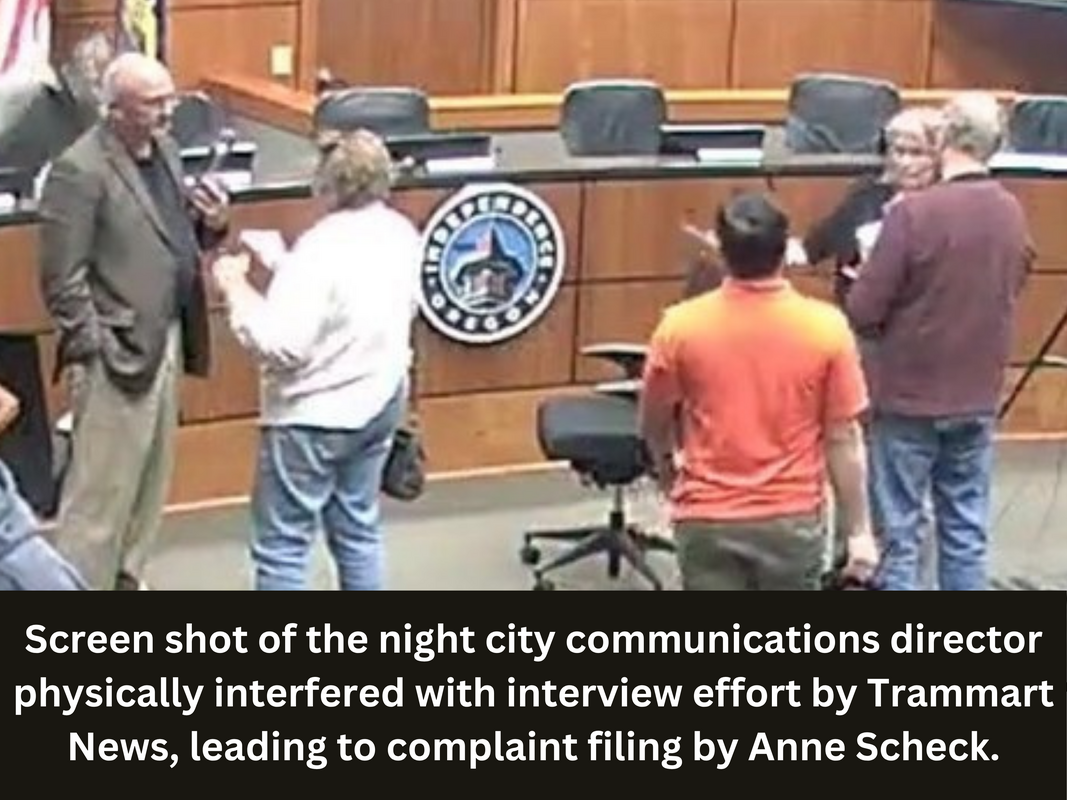
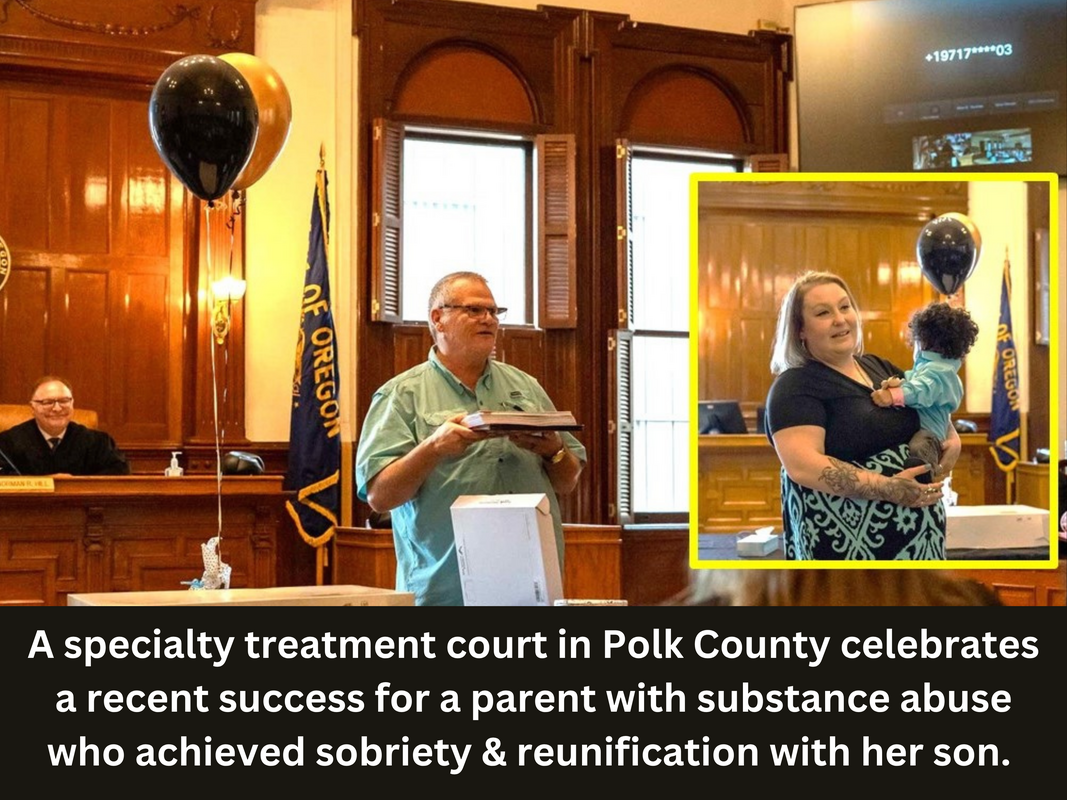












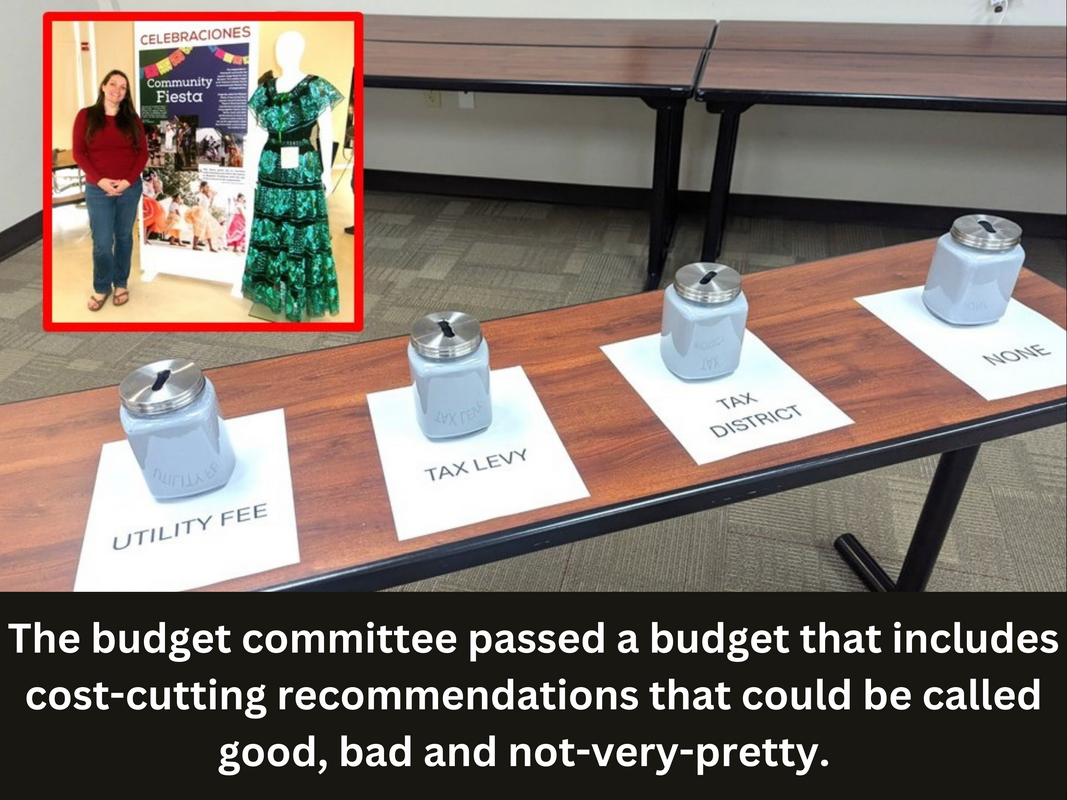



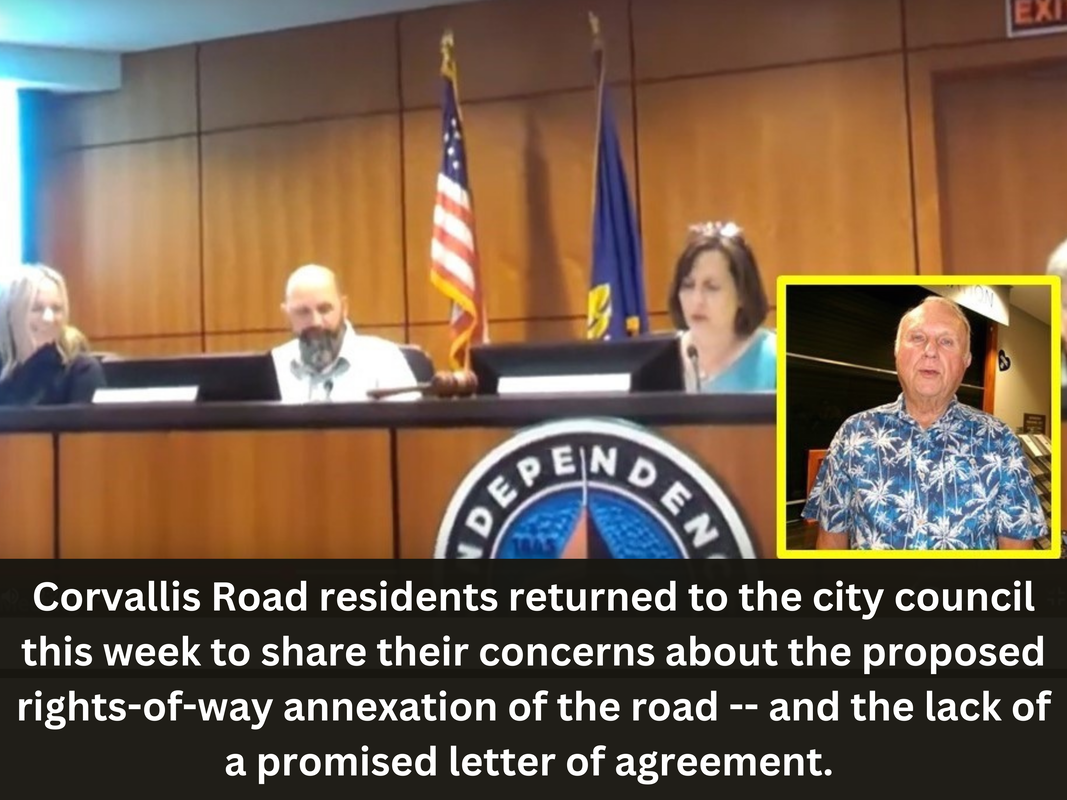
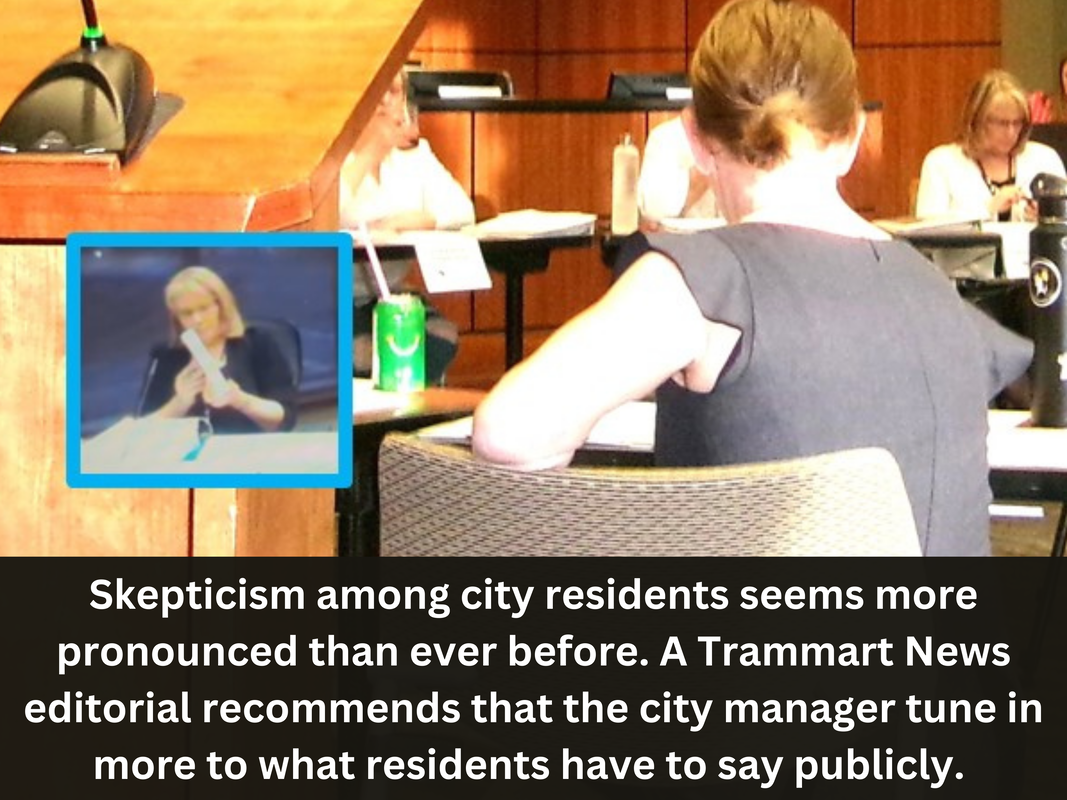



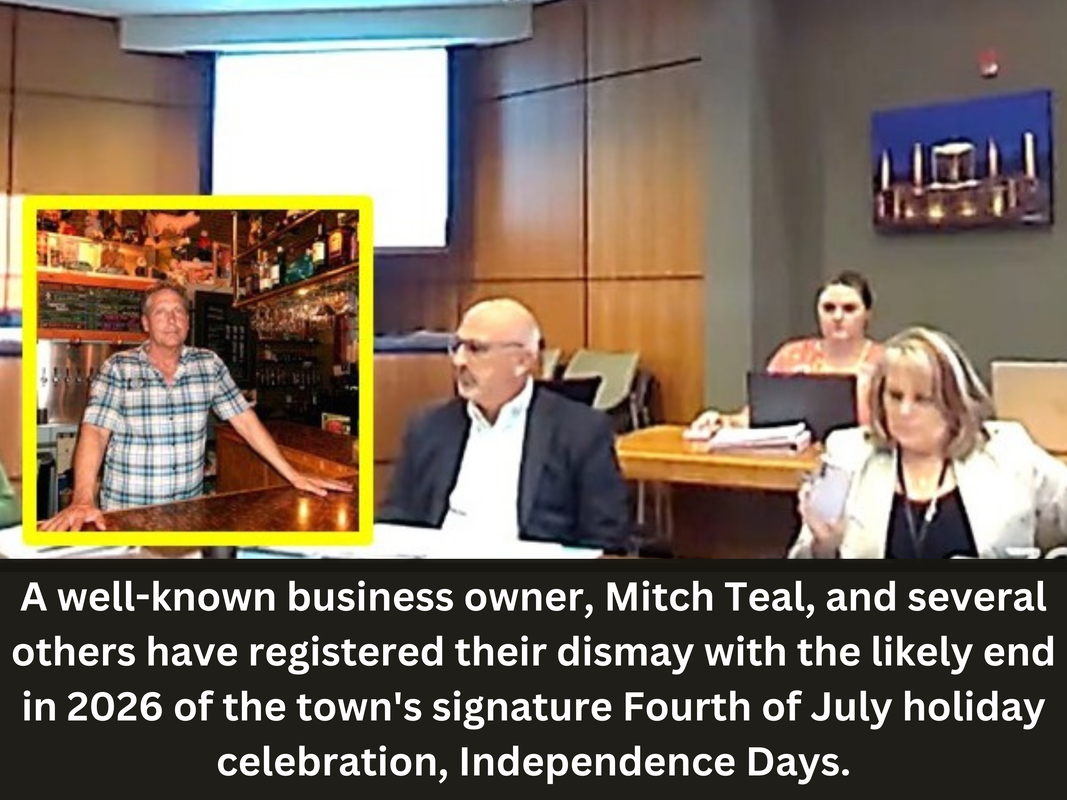




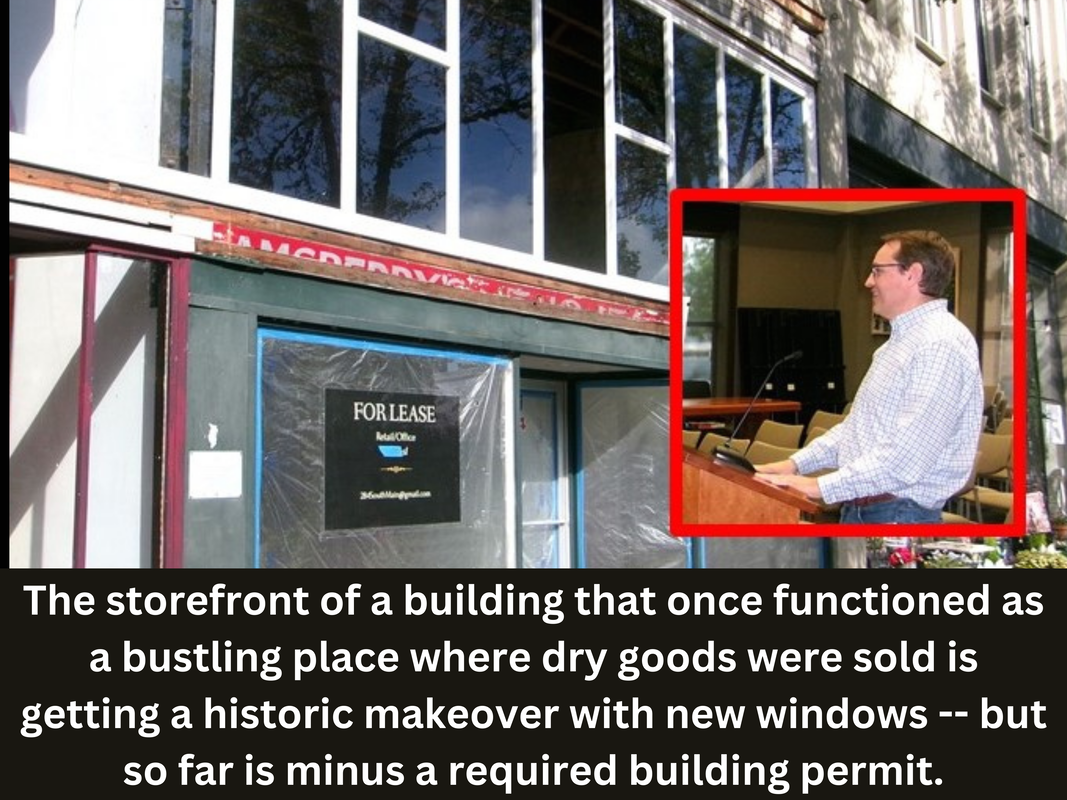
 RSS Feed
RSS Feed